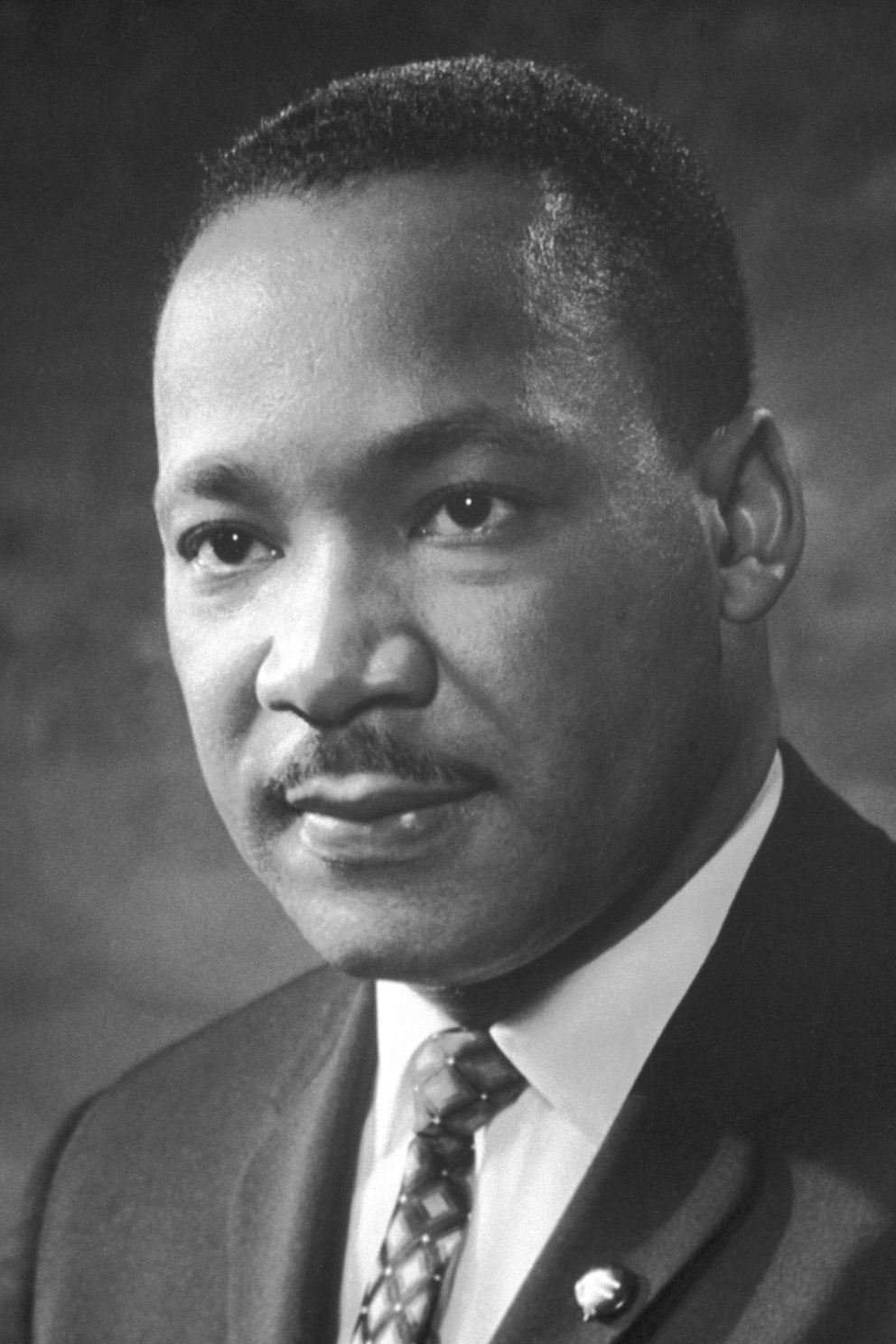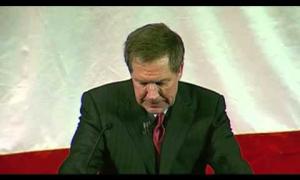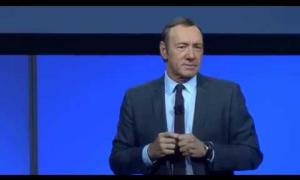‘I Have a Dream’: As It Was Felt on the Day, by One Young Woman Who Had Traveled From Chicago
August 02, 2023
Everyone's heard Martin Luther King's "I Have a Dream" speech dozens of times. A biographer renders how it struck the ear of one young woman who traveled to the March on Washington, from the South Side of Chicago.
This month marks the 60th anniversary of Martin Luther King’s “I Have a Dream” speech, delivered at the March on Washington, August 28, 1963. Most living Americans have heard the speech since childhood—and heard it so many times since, it’s hard to imagine what it was really like to hear the speech on the day, in the perspective of the moment.
A tantalizing rendering comes from King: A Life, the new MLK biography by Jonathan Eig. He tells us about Florence Yeager, a 19-year-old who traveled to D.C., from her home on the South Side of Chicago, “with a toothbrush, two bottles of Pepsi, and a change of underwear in her backpack.”
What drove her to take the trip? What drove her parents to allow it? “As she watched the events of the civil rights movement on television, Francine had grown steadily more outraged. How could she live in a world with such hatred and not respond. Anyway, she told her parents, it would be like church, with nice people coming together in a community full of love and hope to make a better world.”
From the grassy spot where Yeager stood on the right side of the stage about halfway down the length of the reflecting pool, Yeager found herself, near the end of the speech, utterly swept up, Eig writes:
“I have a dream,” he said, “that one day every valley shall be exalted, and every hill and mountain shall be made low. The rough places will be made plain …”
Francine thought, we’re really going to church now! The spirit had captured the preacher, and what a blessing it was to be here with him. What a blessing to receive words that shone like a beacon, words that came out of the night and lit the darkness and showed you the way forward. Francine felt like King was in conversation with her now, with everyone. He was revealing the path to the future as he dug into the quarries of memory. King reminded listeners that his people had suffered, that their trust had been violated, that they had fought and died in the struggle for freedom, and yet they had never quit. They never would quit. His voice was so big, so strong. But this audience was big, too. This audience was strong. We are his witnesses, Francine, thought, and we will take his words and make them part of our own hearts. We will carry these words and they will carry us.
Eig adds a postscript: “Years later, after she herself had become a pastor in the American Baptist ministry and after she had had children and grandchildren and retired with her husband to Merrillville, Indiana, Francine would remember three things from the train ride home: the steel mills of Pittsburgh lighting the night sky in shades of orange, purple, and red; the joyous songs of her fellow passengers; and the oath she took with [her companion on the trip] Florentine that they would work and sacrifice and carry King’s dream of justice with them forever.”
—David Murray, Editor & Publisher, Vital Speeches of the Day




